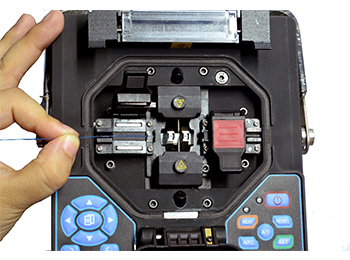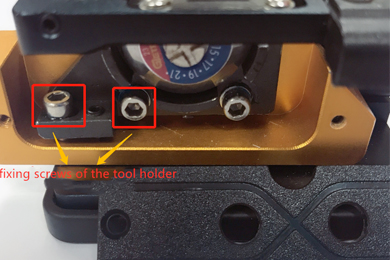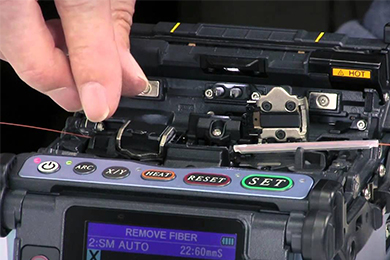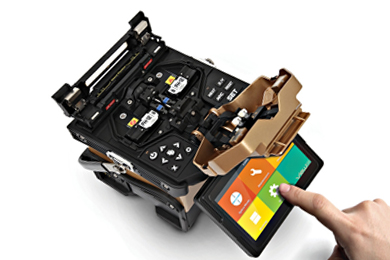-
7 Deadly Sins of Fiber Optic Fusion
Categories: Fusion SplicingIn many fiber fusion instances, we've found that making seemingly simple decisions can actually affect the performance of fiber transmission. Let me take a look at the seven deadly SINS.
1. The fiber is not clean before splicing
Before fiber splicing, it is very important to clean the bare fiber after stripping, which can remove the residual particles and other possible pollutants in the stripping process. However, if the cleaning is not in place, it will bring a lot of trouble to splice and lead to greater splicing loss.
When cleaning bare optical fibers, operators are recommended to use fast volatile, non-flammable precision cleaning fluids. The cleaning fluid is sealed, non - refillable container packed to prevent cross contamination.
2. Using improper cutting tools
Whether the end face of fiber is smooth or not has an important influence on the performance of fusible or terminated fiber. In the past, people used -
Debugging and Maintenance for Optic Fiber Cleaver
Categories: OthersThe cleaning of optic fiber cleaver
Optical fiber cleaver is dedicated to optical fiber cutting function, it belongs to optical fiber precision instrument, naturally daily maintenance is also indispensable.
If the cutting knife blade, silica gel pad, fixture, slot dirty or base instability, it may cause cutting quality decline, and make the fiber end face dirty or uneven surface, leading to the increase of fiber fusion loss.
Therefore, use a cotton swab dipped in non-aqueous alcohol or clean paper to clean the cutting blade, pad, fixture, etc.
Notice:Be careful when cleaning, the blade is too sharp, do not be cut by the blade.Adjust the cleaver
When Orientek cleaver's blade after using > 36,000 times, the cutting blade is worn or damaged. Even cleaning the blade wil -
Something You Need Know About Optical Fiber Fusion Splicer
Categories: Fusion Splicing1. Basic principle of fusion splicing
The welding principle of the fusion splicer is relatively simple. Firstly, the fusion splicer should find the core of the optical fiber correctly and align it accurately, and then melt the fiber and then push it through the high voltage discharge arc between the electrodes.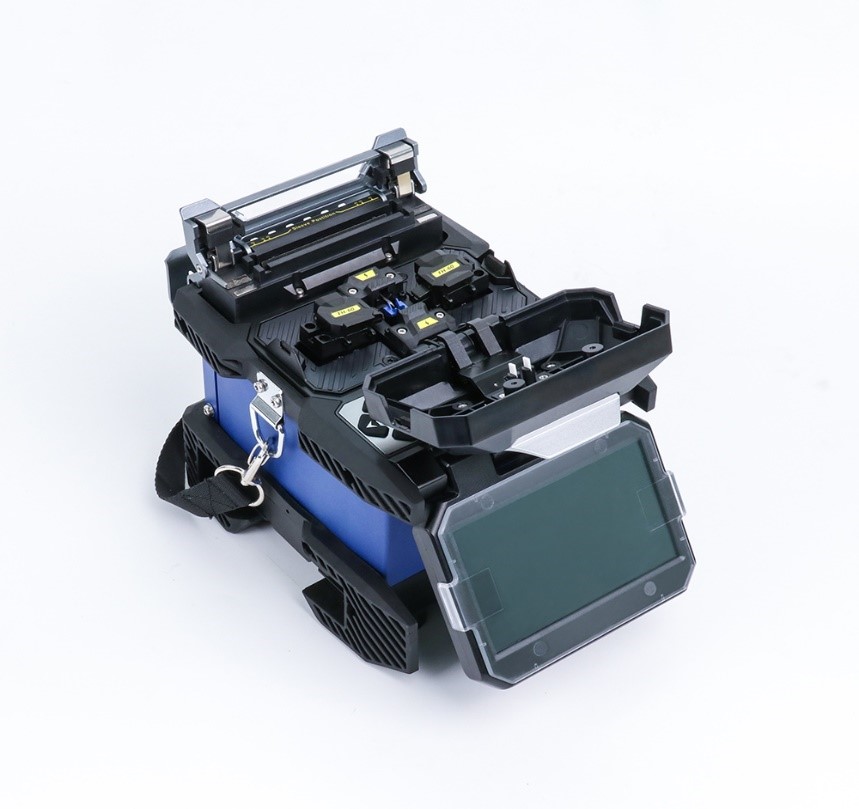
2. The principle of splice loss estimation
The estimation of the splice loss is calculated based on the misalignment, deformation, end face cutting angle, and whether bubble exists. The real loss is still measured by dedicated optical meter such as a light source, optical power meter or OTDR.3. Matters you need pay attention to when operating the fusion splicer
◆ Do not use Off-regulation or unstable power supplier to the fusion splicer
◆ Do not use any solvent or liquid to clea -
14 Common Problems and Solutions When Using Fiber Fusion Splicers
Categories: Fusion Splicing1. Welding loss is too large
The cause of this failure can be analyzed from the following points:
(1) The end face of the fiber is not clean and dusty, or there is debris on the V-shaped groove, or there is debris on the fiber holder.
(2) The Angle difference of cutting end face of fiber is too big.
(3) Problems with the optical system, the objective lens problem leads to estimation errors.
(4) Welding strength is not enough or too strong, discharge position deviation.
(5) Fusion splicer program error.
More details please add official account: whatsapp/ skype +8613625297051
2. The fusion splicers cannot be welded normally, indicating that the fusion fails and a red alarm appears.
The cause of the fault can be analyzed from the following point

